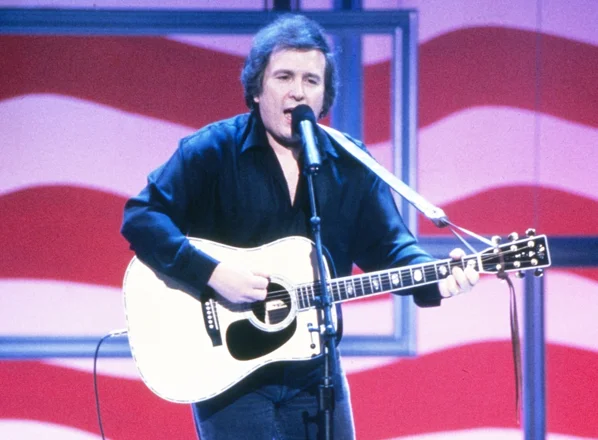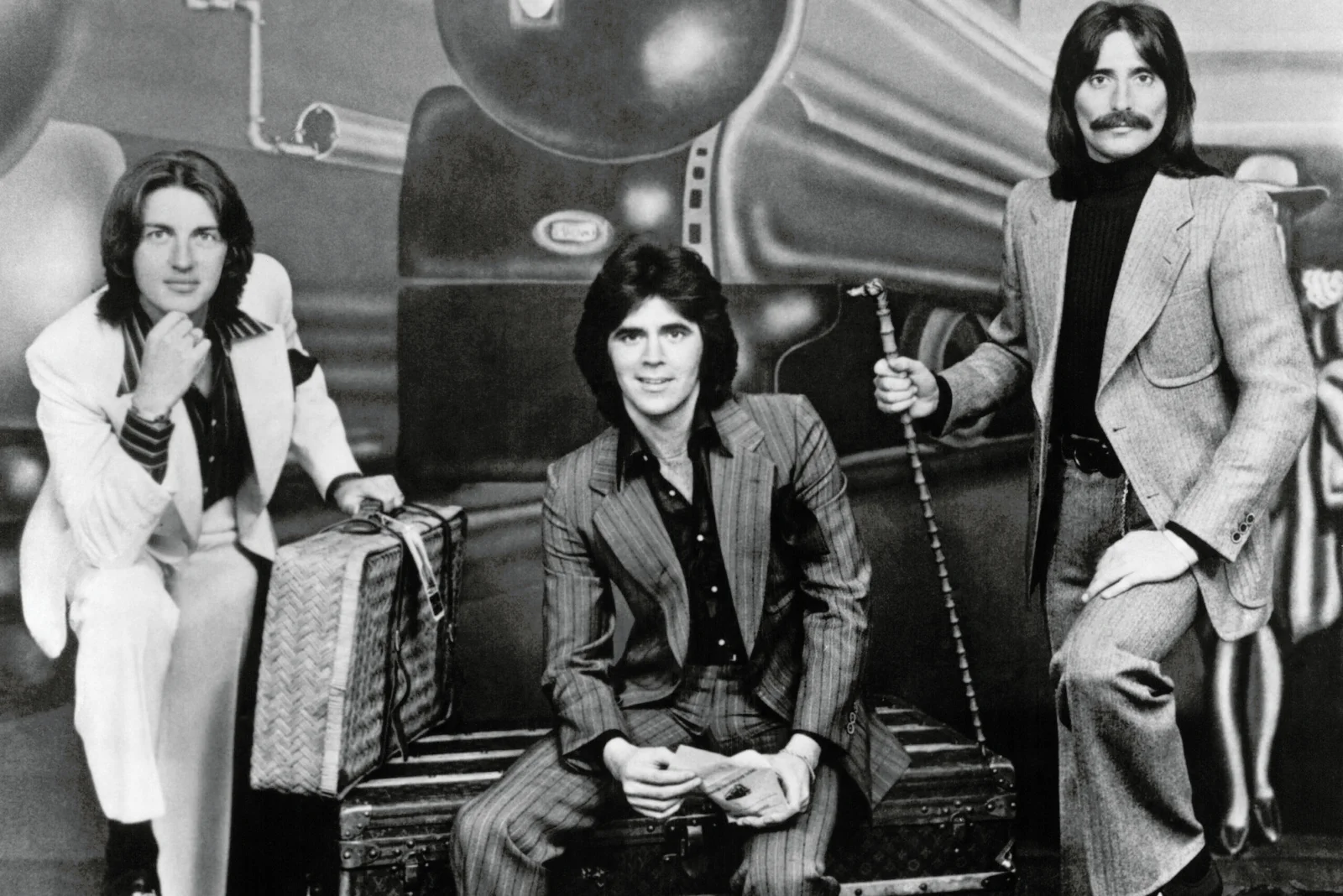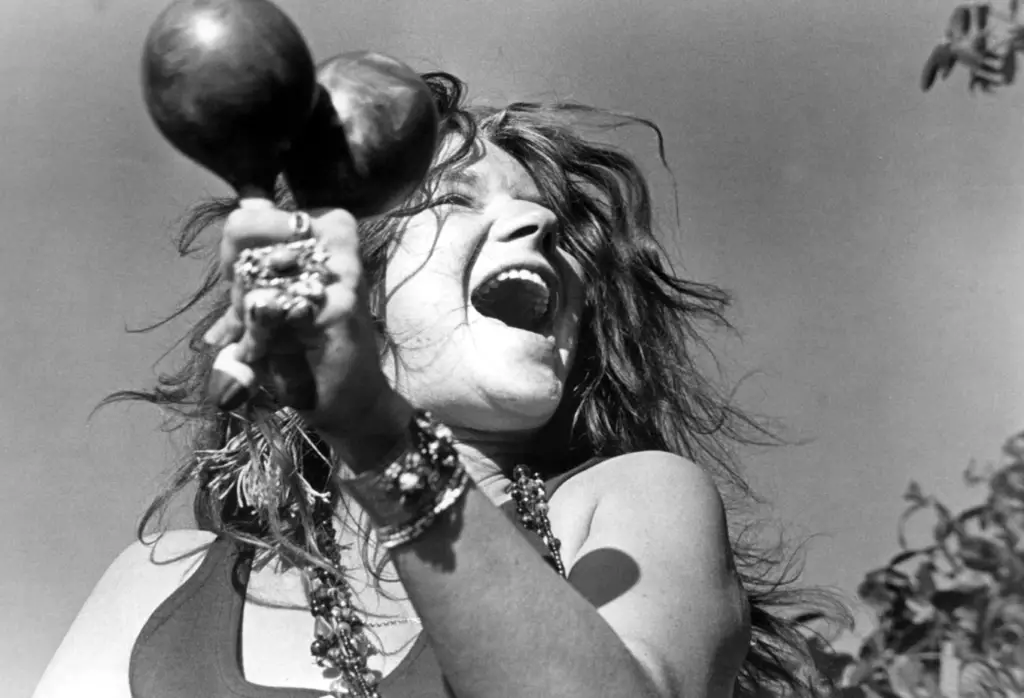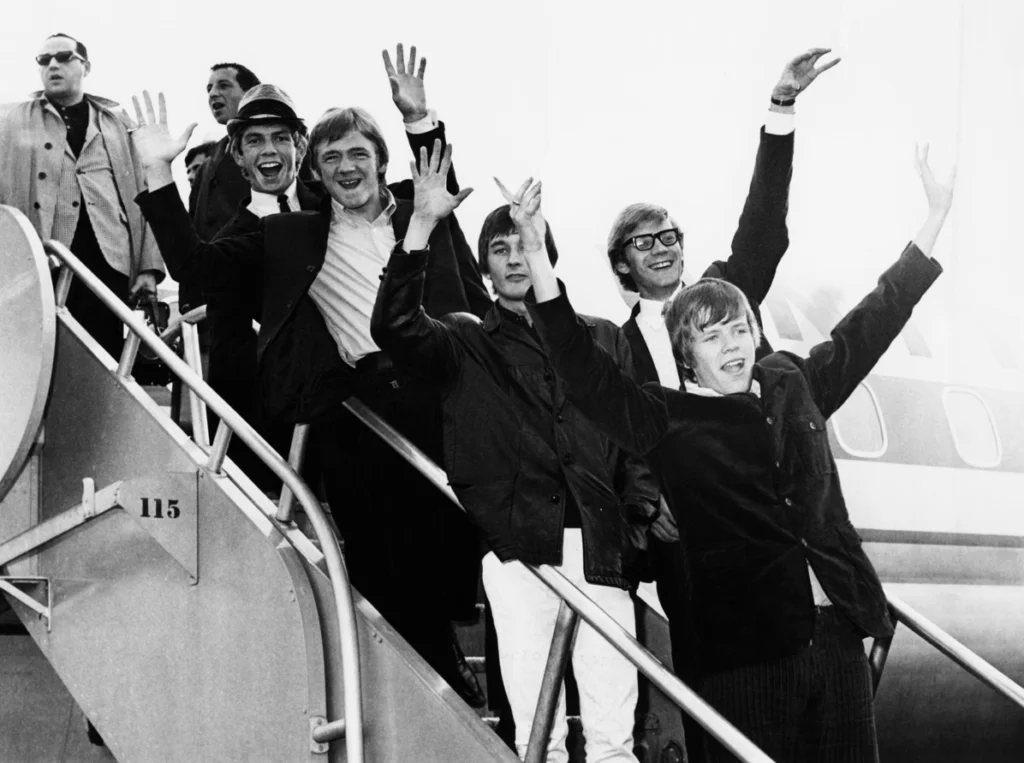1. “American Pie” – Don McLean

“American Pie” is the quintessential song that takes us back to a time when pop culture was in the throes of change. Its cryptic lyrics about “the day the music died” and its lengthy, almost epic storytelling style captured the mood of the early ’70s. Now, though, its nostalgic references to a bygone era of rock and roll seem almost like a history lesson. For listeners today, it might come across as a slow, meandering ballad about things that no longer feel as relevant. However, its emotional pull and storytelling ability have kept it beloved, even though the cultural context has shifted significantly.
The song’s anthem-like chorus, “Bye bye Miss American Pie,” still has a powerful, haunting quality that resonates with fans of all generations. Even though the political and social references may not hit home for younger listeners, the heart of the song, filled with reflection on lost innocence and changing times, still strikes a chord. Don McLean’s powerful voice, paired with the iconic piano line, creates a sense of timelessness that makes “American Pie” feel as if it will never lose its place in history.
2. “Joy to the World” – Three Dog Night

“Jeremiah was a bullfrog” may not seem like the most profound opening to a song, but this ’70s hit managed to become a cultural staple nonetheless. “Joy to the World” has a happy, carefree vibe that stands in stark contrast to the more complex, introspective hits of the era. Looking back, it’s hard not to chuckle at its almost childlike simplicity, but the energetic rhythm and sing-along quality give it an undeniable charm. The song’s cheerful lyrics and catchy beat have made it a classic party anthem, even if it feels more kitschy than revolutionary today.
There’s something endearing about how “Joy to the World” perfectly captures a time when music didn’t always have to be deep or meaningful to be enjoyable. The track’s bouncy, almost silly nature may feel out of place next to the heavier, more introspective music that followed in the ’70s, but it remains a classic feel-good tune. Despite the years that have passed, its infectious energy still brings smiles, and its lighthearted fun can never be discounted.
3. “Maggie May” – Rod Stewart

Rod Stewart’s “Maggie May” tells the story of a young man’s bittersweet infatuation with an older woman, mixing nostalgia, longing, and youthful rebellion. Today, the track still feels fresh in its emotional vulnerability, but the specific imagery of “Maggie” and the relationship dynamics might seem dated. The folk-rock vibes and Stewart’s raspy delivery create a sound that’s both comforting and timeless, but it’s easy to see how its once-revolutionary approach to romance might not hit as hard for a modern audience.
Even though some of the nuances in the song might not resonate the same way they once did, “Maggie May” remains a signature Rod Stewart tune, celebrated for its raw emotion and catchy melody. The juxtaposition of the gentle guitar with the aching sadness in Stewart’s voice is still powerful, reminding us that the song’s emotional core transcends any changes in cultural norms or music trends.
4. “Crocodile Rock” – Elton John

Elton John’s “Crocodile Rock” is an exuberant, playful tune that recalls the innocence and joy of youth. However, looking at it now, the song feels almost like a relic of a time when ’50s rock ‘n’ roll nostalgia was at its peak. The upbeat tempo and catchy chorus are still infectious, but the tongue-in-cheek lyrics and bubblegum rock feel have lost some of the edge they once had. In a world that has moved on to more introspective and serious music, “Crocodile Rock” feels almost cartoonish.
Despite that, there’s no denying the fun and energy that this track brings to any playlist. The throwback references to sock hops and jukeboxes might seem quaint to modern listeners, but “Crocodile Rock” still manages to bring people together on dance floors. Its joyful exuberance and catchy refrain are timeless in their ability to lift spirits and get people moving, even though the world it references is long gone.
5. “Me and Bobby McGee” – Janis Joplin

Janis Joplin’s “Me and Bobby McGee” is an anthem of love, loss, and freedom, featuring one of the most powerful vocals in rock history. The song’s carefree, almost rebellious tone feels as timeless as ever, but the specifics of the ’70s counterculture that Joplin embodies may seem distant to a younger generation. The imagery of hitchhiking across the country and the bohemian lifestyle feels a bit foreign now, as the song’s theme of freedom is less universal in today’s fast-paced, technology-driven world. However, the emotional heart of the song, with its aching vulnerability and defiance, still resonates.
Joplin’s unique voice is a major reason why “Me and Bobby McGee” continues to connect with listeners today. Though the specifics of the story may not feel as immediate to modern listeners, the message of embracing love and living free remains deeply relevant. The raw, unpolished beauty of Joplin’s performance ensures that the track will never lose its power, even as the world around it has changed.
6. “I Will Survive” – Gloria Gaynor

“I Will Survive” has gone from a disco anthem to a global symbol of empowerment, but its rise to this level of recognition is a testament to how it has transcended its ’70s origins. At the time, it was simply another hit on the disco scene, but today, it feels like a battle cry for anyone facing adversity. The danceable beat and infectious chorus haven’t lost their power, but its message of strength after heartbreak has taken on new significance over the years. What once was a quintessential song of the ’70s now feels more like a timeless anthem of resilience.
Despite its disco roots, “I Will Survive” has become more than just a relic of the ’70s. Its ability to inspire and unite people through hardship has kept it alive in modern pop culture. Whether played at a wedding or a breakup party, the song’s message remains universal, proving that no matter how much time passes, its ability to empower will always resonate.
7. “Let It Be” – The Beatles

Though “Let It Be” was released in 1970, its iconic status only grew with time, and now it feels like a song for the ages. The emotional depth of the lyrics, especially in the context of The Beatles’ breakup, makes it feel timeless. The simple piano arrangement and Paul McCartney’s soothing vocals evoke a sense of calm in troubled times, but the message of acceptance and peace feels particularly poignant today. What once felt like a somber reflection on personal and professional struggles now stands as a universal mantra for letting go.
“Let It Be” still carries the same peaceful resonance it had in the ’70s, but the layers of meaning have only deepened. As the world continues to change, the song remains a symbol of finding solace amid uncertainty. Whether you’re experiencing personal challenges or just reflecting on the state of the world, the track’s gentle reassurance never loses its power to soothe.


